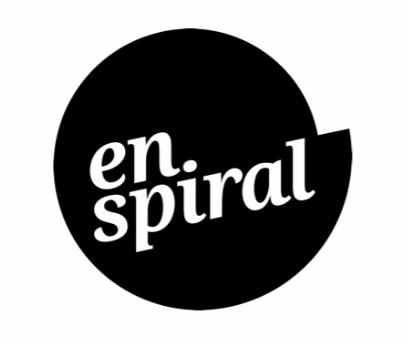Silvia Zuur was invited by the organisers of the Wellington Work in Progress conference to speak on the pro side of the Great Debate: The pros and cons of the Gig Economy. Below is her opening address.

Photo: Brady Dyer
We are beyond the one career life. My generation is not motivated by a gold watch and a handshake. My generation is driven by purpose, we are recruited and contracted on skills and not job titles. Today’s 15-year-olds will likely navigate 5 completely different careers. The stable employment contract is a thing of the past.
The gig economy enables the freedom to innovate beyond automation, moves us beyond the prison constraints of the one career life. Automation is removing manual tasks and thus the human brain is now required to be creative and bring critical thinking to the work place.
I know there are arguments about insecurity and instability—but is any job stable? You only need to google redundancy and job lost in New Zealand and hits from IRD, Cadbury, and others come up. What was once perceived as a stable job is no longer on the table for today’s generation.
We need to acknowledge that the 9–5 work day is a thing of the past. The industrial revolution relied on the human being to perform machine tasks, today’s problems are not solved within an 8hr schedule.
Yet the gig economy without a safety net or a certain level of privilege is brutal and inaccessible, a gig economy with enabling structures is liberating and the path into the future workforce. Thus the key question of this debate is: How might we make working in the gig economy safer and more caring than the “40hr one career for life” ever was? I have the following suggestions:
1. State
Government
legislation needs to be developed to support freelancers in
the same way it supports employees (eg maternity leave,
kiwisaver). We need to educate our young people how to
thrive in this new economy. If we educate them for cradle to
grave security they will be unable to navigate, but if we
education to be self authorising humans they will have a
much better time.
2. Organisations and
networks
We need more innovative networked
organisation that focus on supporting people working in the
gig economy. Enspiral has been leading in this space for the
last seven years. Freelancing does not mean being a boat out
in an unsupportive ocean. New collective models are growing
around the world like Enspiral, such as OuiShare in France,
Crisp in Sweden, Outlandish in the UK. They enable both the
collective security and the freedom to innovate in the gig
economy.
3. Legals
We need legal
innovations which address the ownership structures so that
something like uber or deliveroo becomes a supportive
structure for its drivers and not an extractive mechanism.
In the same way that unions provided security for factory
workers, so too can platform cooperatives for
freelancers.
4. Culture/Society
In
order to truly leverage off the gig economy it needs to be
accessible for all. Which right now it is not. So as a
society we need to address the structural inequalities that
limit the gig economy to those privileged people who have
other forms of a safety nets.
So I leave you with the question: is the future of work an industrial frame of thinking that relies on a mechanical human or are you creating an economy which leverages and enables the human beings capacity for creative thinking and innovation?
Silvia Zuur



 Gordon Campbell: On The Left’s Electability Crisis, And The Abundance Ecotopia
Gordon Campbell: On The Left’s Electability Crisis, And The Abundance Ecotopia NZ Police: New Zealand Police team up with Z Energy, NZTA and ACC to remind Kiwis to drive safe this Easter
NZ Police: New Zealand Police team up with Z Energy, NZTA and ACC to remind Kiwis to drive safe this Easter NZCAST: NZCAST Leads Ongoing Cross-Agency Collaboration To Break Down Barriers For Survivors Of State Abuse
NZCAST: NZCAST Leads Ongoing Cross-Agency Collaboration To Break Down Barriers For Survivors Of State Abuse Regional and Unitary Councils Aotearoa: Regional And Unitary Councils Back A Practical FWFP System
Regional and Unitary Councils Aotearoa: Regional And Unitary Councils Back A Practical FWFP System NZ Government: Stay Safe On Our Roads This Easter
NZ Government: Stay Safe On Our Roads This Easter YWCA: Global Push Back Against Gender Equality A Growing Crisis In Aotearoa
YWCA: Global Push Back Against Gender Equality A Growing Crisis In Aotearoa Te Pāti Māori: Ngarewa-Packer - Fast-Tracking Seabed Mining Ignores Māori Opposition And Environmental Precedent
Te Pāti Māori: Ngarewa-Packer - Fast-Tracking Seabed Mining Ignores Māori Opposition And Environmental Precedent


